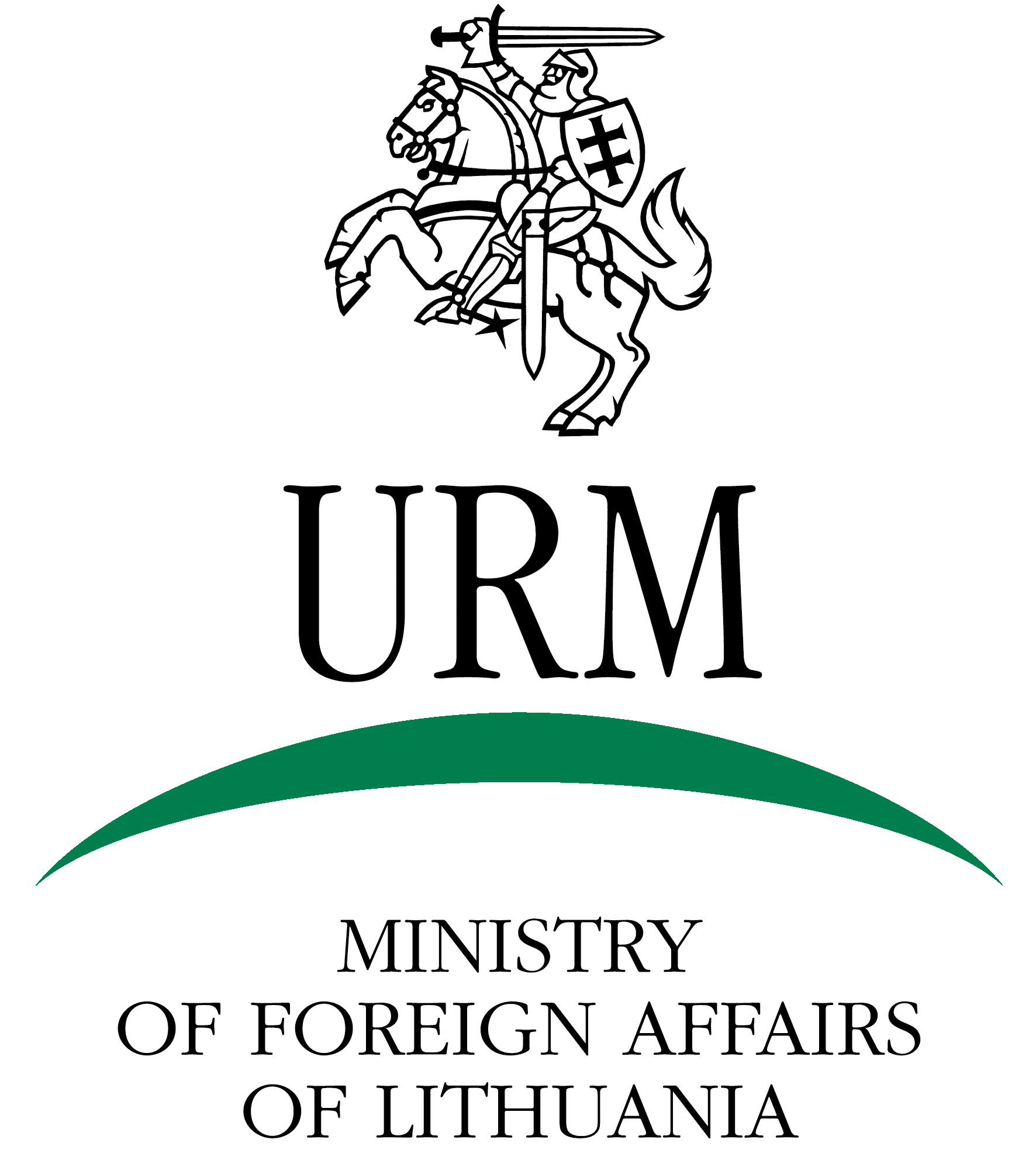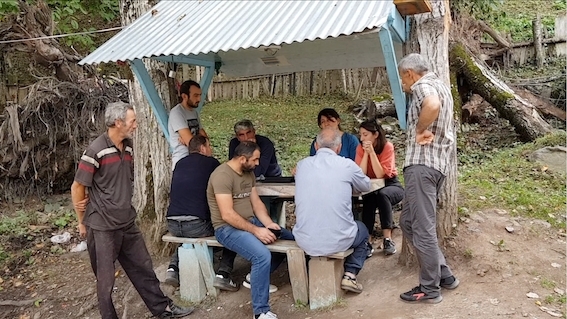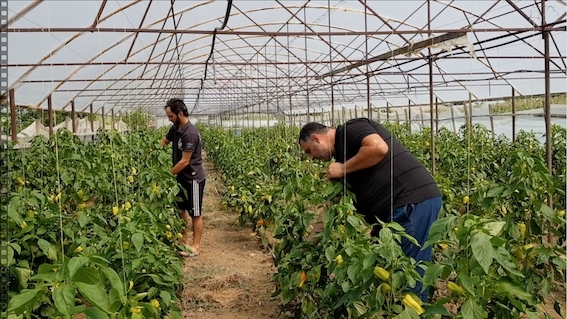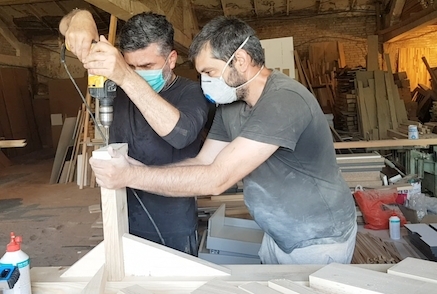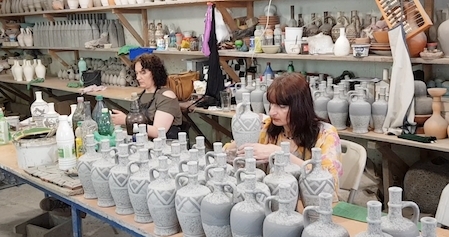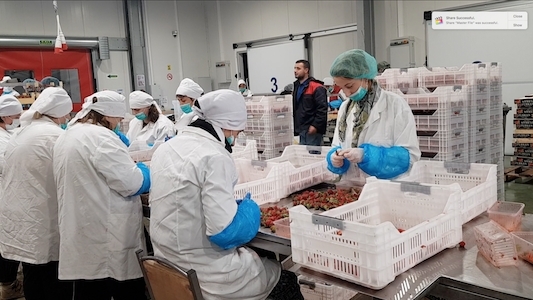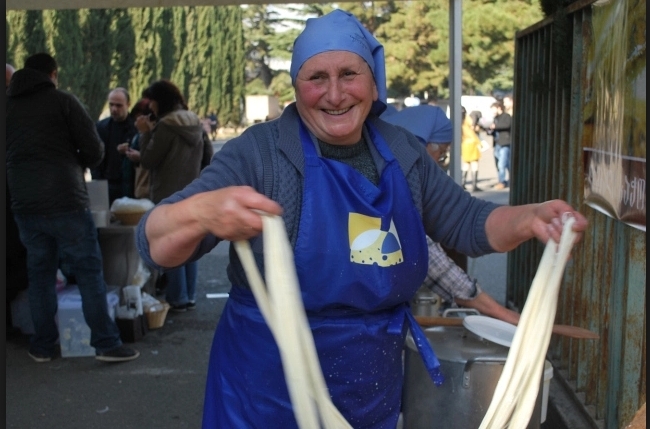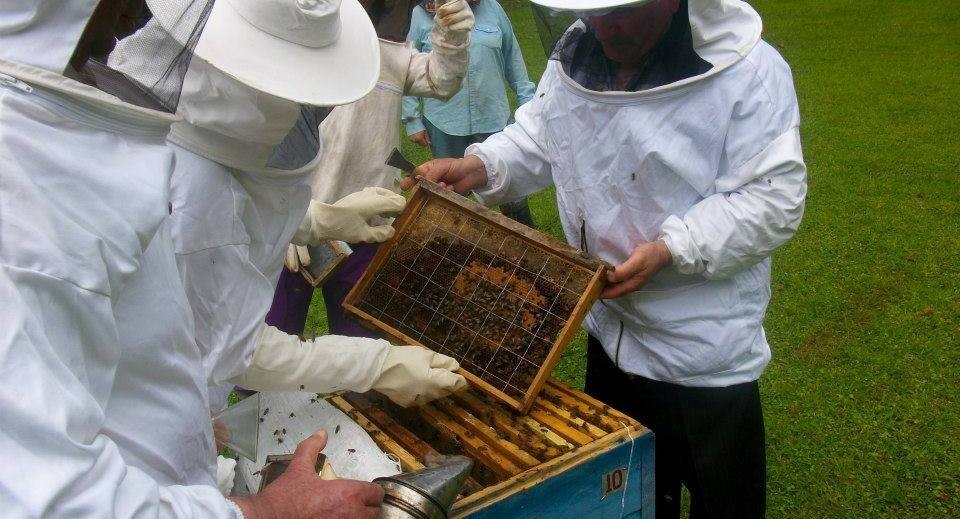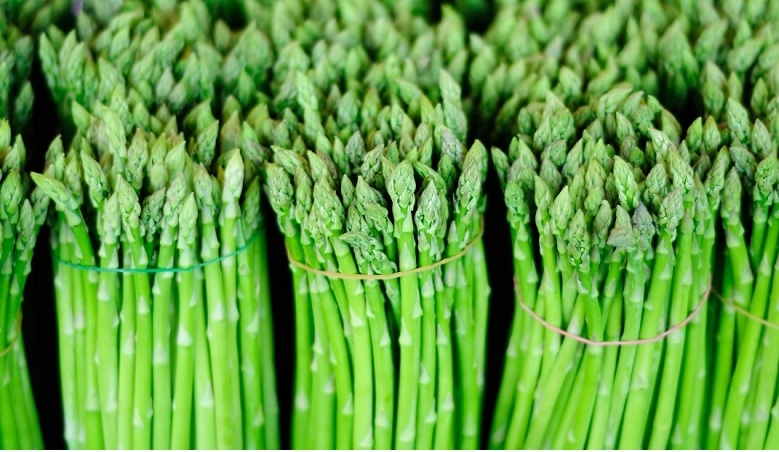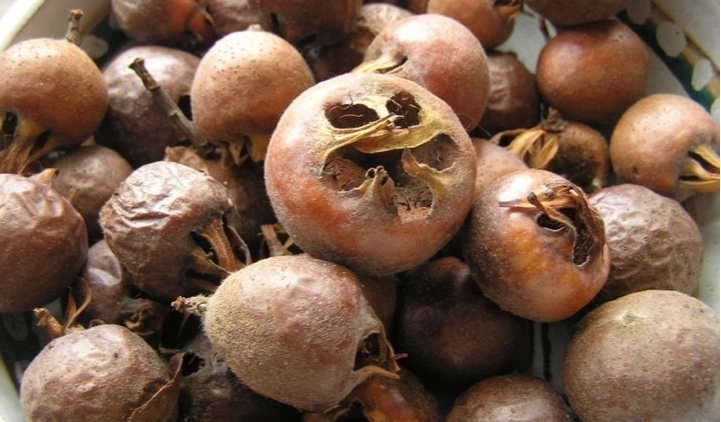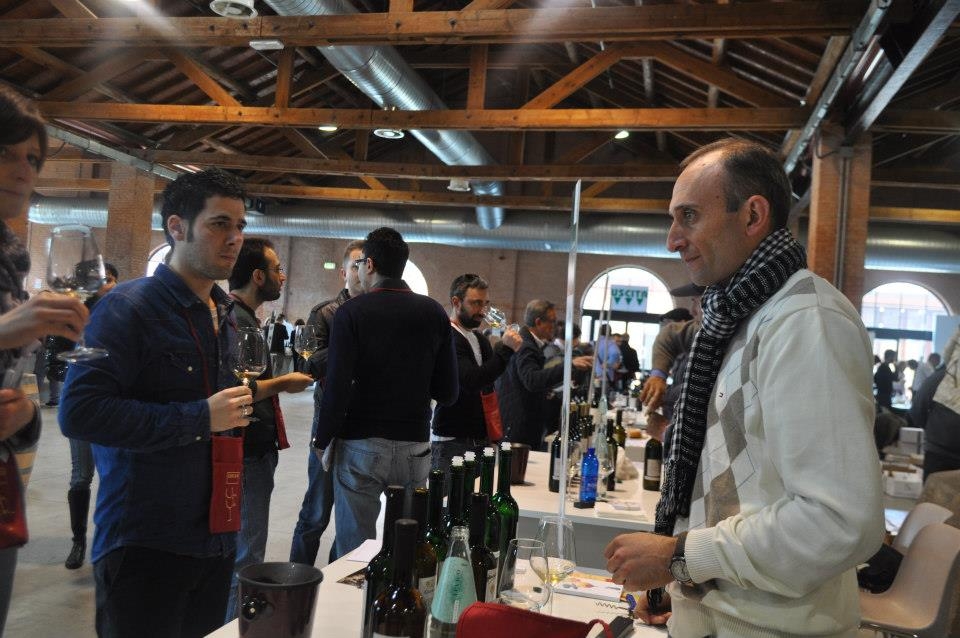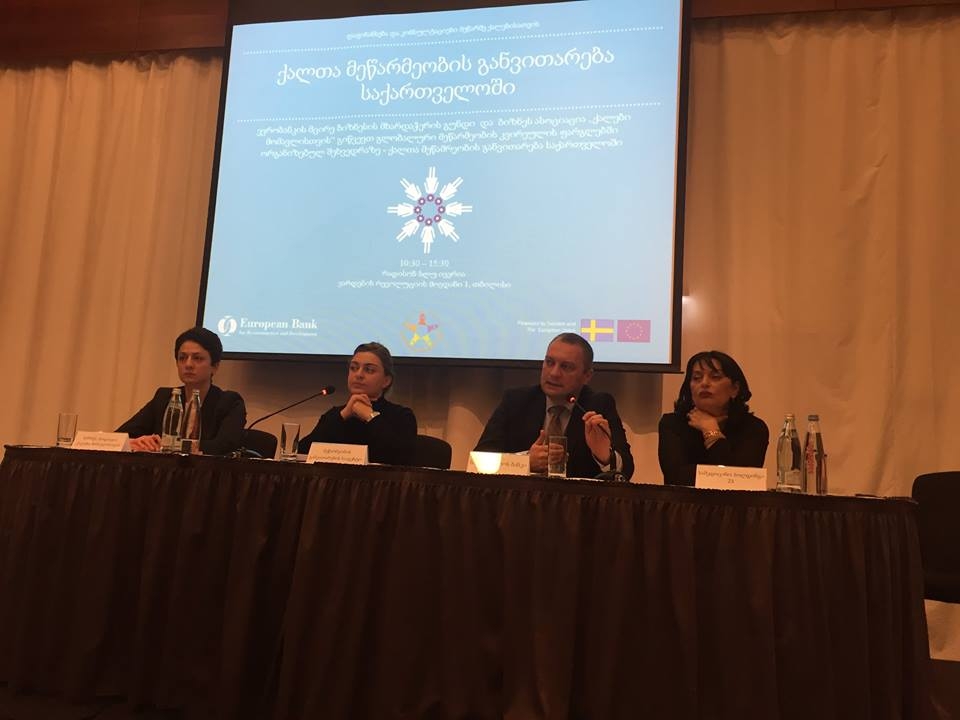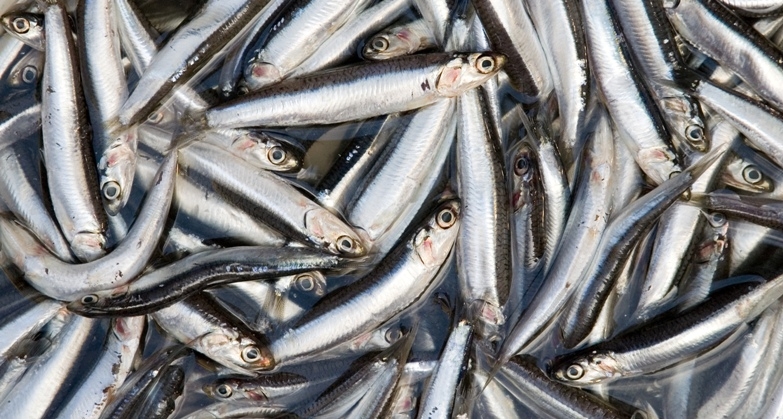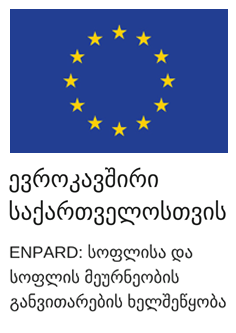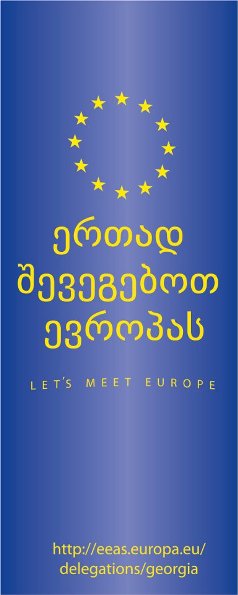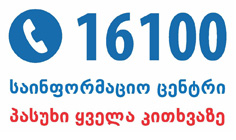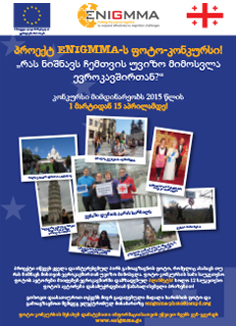Clusters under Covid-19 - Lithuanian experience

(Part Two)
The business is suffering huge losses internationally due to the restrictions imposed by the COVID-19 pandemic. The crisis has affected Lithuania's business sector, both large and medium-sized enterprises. In addition, the quarantine situation revealed the importance of business clusters, especially in terms of rapid exchange of relevant information.
In particular, business clusters were able to obtain information about the member companies in a short period of time. They immediately provided it to the authorities, who then make the necessary decisions for a particular sector. The goal of the cluster network is to respond to current challenges in a coordinated and timely manner and to disseminate the decisions quickly to the companies united in the cluster.
Vilnius Film Cluster Coordinator Romana Matulis, who represents the interests of not only the cluster but the entire audiovisual industry across the country, says cluster representatives attend meetings of working groups from various ministries, collecting and analyzing information about the pandemic crisis for companies in the cluster. Clusters provide advice to member companies, with the help of lawyers, on retaining employees, securing companies' liquidity, and enforcing contracts. They also receive online consultations from financiers. These activities aim to properly manage the challenges.
When asked how prepared the members of the cluster were for the crisis, all the cluster coordinators gave the same answer: no one could have imagined the crisis spreading so quickly. The main problem is identical for all companies: logistics and supply chain issues, prevention of contagious diseases. Moreover, some companies have also been affected by the depreciation of the Russian ruble or the British pound, as well as falling in oil prices.
As analysts say, even though signs of economic problems in Lithuania appeared at the beginning of the year, no one could have imagined that a pandemic could develop so rapidly and cause such harm to business sector. In their estimation, the smaller the company, the more vulnerable it is to the current situation. The key question for them is how to keep employees in crisis. At this time enterprises are trying to make less painful decisions: employees are offered leave, as well as some employees are given leave to care for children. However, work termination has become inevitable in some companies.
The pandemic has had the greatest impact on the food sector among manufacturers of consumer goodsin Lithuania. "The first impression that the food sector has the least problems is inaccurate," says the SMART FOOD cluster coordinator. - Usually, during the crisis, the basket of basic products is the most in demand, but the demand for other products has sharply decreased. Orders from foreign markets are canceled and online commerce is suspended because suppliers were not ready for such a drastic change in the market."
Due to the pandemic, large enterprises in the food sector have suffered less losses as consumers are currently buying more products. Large enterprises suffered less than small and medium-sized producers. Large companies are mostly at risk of uninterrupted supply, while small businesses are almost suspended. There is no demand for their products at this stage. In the current situation, the only alternative way for them is e-commerce, but there is still a lack of experience in this field.
The situation is difficult in the audiovisual industry. When quarantine restrictions began in Lithuania, movie theaters were closed, all events were canceled, movie and advertising orders were suspended, and both international and local filming was delayed. This had a negative impact on the Vilnius movie cluster. Most of the cluster members lost 80-100% of their income. "The situation across the sector is catastrophic," - says Romanas Matulis, Vilnius Cinematography Coordinator. - Cluster members have already suffered a loss of € 6 million for this period. We think that by the end of 2020, compared to 2019, the income of the sector will decrease by 50%. It is impossible for this industry to survive without state aid. "
The Lithuanian plastic cluster says that most member companies continue to operate at this time, however, things are changing irregularly, and it is difficult to predict what will happen in the next few weeks or months. The cluster suggests that orders will have to be reduced, so companies will be forced to not only reduce production but also reduce working hours or suspend work at all. Administration works remotely, staff work at least 1-2 meters distance with each other, but despite disinfection in the factory, the risk is still high.
Renata Giliene, coordinator of the Lithuanian Dental Innovation Cluster, says that the restrictions have affected everything: manufacturing, marketing and treatment. Meanwhile, some science companies, immediately adapted their business model to the expected challenges. For example, there has been an increase in demand for the products of JSC Satimed, whose activities are related to the introduction of biotechnology and life sciences in the field of public health.
In response to the current situation, clusters in Lithuania are looking for ways to help their members save business, to take social initiatives. Most of the clusters currently operating in Lithuania are cooperating with the European Cluster Alliance and exchanging information with foreign counterparts and representatives of the European Commission. Entrepreneurs have long known that critical mass in the cluster matters: the more companies there are in the cluster, the higher the productivity and the greater the chance of achieving innovation. Lithuanian clusters are currently actively trying to enter international markets. In addition, they seek to obtain an international certificate that is valid throughout Europe and confirms the recognition of cluster competence. Certification will enable them to participate in international networks, gain a competitive advantage in the local market, which will also increase the chances of attracting new members internationally.
It has not yet been fully determined what damage the pandemic has done to the Lithuanian economy. However, analysts say for sure that domestic and foreign demand will fall sharply, so GDP could fall by 10%. And if the second wave of the virus started in the fall, in this case, a decline in GDP of 8.1% is expected. The government is actively pursuing investment projects that could boost the economy and create jobs after the first wave of the coronavirus.
At the beginning of the crisis, the Lithuanian economy was in a healthy condition. As analysts point out, in 2019, Lithuania perfectly withstood the slowdown in the global economy: GDP increased by 3.9%, while the EU GDP growth was only 1.5%. Lithuania was among the three EU countries where GDP growth was higher in 2019 than in 2018. For three years before COVID-19, Lithuania's economy grew faster than expected. Such growth was driven by a systemic change in what is called the "Germanization" of Lithuania's economy, which means the country's transformation from a "migrant donor" to a "migrant magnet" due to the rapid growth of investment and high-value exports. Also, this growth was due to the increasing competition in the trading sector and the introduction of new technologies. Analysts predict that due to structural changes in the economy, Lithuania's economic growth could accelerate to 4.6% immediately after the end of the coronavirus crisis. There are two large-scale state projects that should promote both consumption and trade growth. One is a € 2.5 billion strategic economic stimulus plan to be implemented by the end of the year. The money will be spent on innovation and research, economic infrastructure, climate change and energy, in particular to stimulate the use of renewable energy (for example, the use of hydrogen to store energy from renewable energy sources). The second is the Rail Baltica regional transport infrastructure project (the integration of the Baltic States into the European rail network with an 870 km long railway line). This project gained relevance during the COVID-19 pandemic. The project envisages the construction of international railway terminals in Riga and Tallinn and the continuation of the construction of the main line from Kaunas to the Latvian state border. Construction will begin in 2022. This project is partly related to the deployment of 5G network in the country.
The project organizers claim that the project will lead to GDP growth, which will help reduce the negative impact of COVID-19 on the economy. All this shows that the optimistic forecast is largely based on state investment plans, which increases the resilience of the Lithuanian economy.
International projects for Georgian clusters
As already mentioned, the existing clusters in Lithuania actively cooperate with the EU cluster networks, participate in international projects and work to attract foreign companies into their clusters. This cooperation acquired special attention due to the pandemic. Therefore, the international projects in which Georgian clusters can participate will be interesting.
These projects are:
European business research area (EBRA)
The EBRA is an EU-funded project aimed at supporting various brain research initiatives. This is a very good platform for existing and new clusters that are actively engaged in research activities. At certain intervals, the EBRA receives applications from clusters working in clinical trials and offers the winning clusters both financial and other support for their project. For this stage, EBRA has announced a selection competition for clusters and the deadline for applications is January 1, 2021.
Follow the link for detailed information.
The European Cluster Conference 2020
On November 10-11, 2020, the European Commission invites cluster managers, policy makers and other related parties to the 7th European Cluster Conference. For interested clusters, this is a unique platform to discuss current and future priorities related to cluster policy, to establish regional cooperation, and to create links between the various participants in the value chain system. Following the end of the European Cluster Conference, an additional event will be held on 11 and 12 November, where conference participants will be able to get to know each other better in pre-arranged meetings, which may be the beginning of a successful collaboration.
Follow the link for detailed information.
European Research and Innovation Days
European Research and Innovation Day is an annual event organized by the European Commission where researchers, entrepreneurs and ordinary citizens gather to discuss and talk about the future of research and innovation in Europe and other countries. The main purpose of this event is to establish contacts between industry experts, private sector representatives and ordinary citizens for further cooperation. Due to the COVID-19 pandemic, this year’s event will be held online. European Research and Innovation Day will be hosted by interested parties from 22 September to 24 September.
Follow the link for detailed information.
The Brussels Economic Forum
The Brussels Economic Forum is an annual event organized by the European Commission. Over the past 20 years, the Forum has been able to bring forward new perspectives and facilitate debates on policy priorities and economic challenges. The 20th anniversary event of the forum has already been held on September 8, however, interested parties can follow the news and register by 2021.
Follow the link for detailed information.
Author: Nona Kvlividze
The article is prepared with the financial support of the Ministry of Foreign Affairs of Lithuania and "Development Cooperation and Democracy Promotion Programme."
